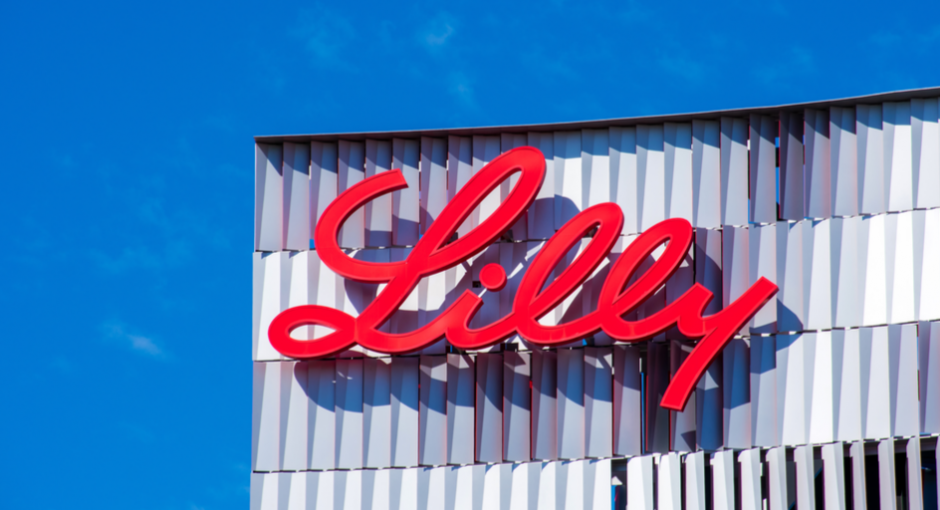Groups representing 340B health centers, Ryan White clinics, and hospitals panned drug manufacturer Lilly’s recent decision to amend its prohibition on 340B pricing when providers use contract pharmacies to dispense drugs to patients.
Lilly told drug wholesaler AmerisourceBergen on Dec. 10 and 340B covered entities on Dec. 16 that it will let entities buy medicines for shipment to an unlimited number of contract pharmacies if entities agree to provide claims-level data associated with such orders. The policy change applies to drugs dispensed since Oct. 29.
Since Sept. 1, the company has declined to honor most 340B contract pharmacy arrangements. It lets companies lacking an in-house pharmacy designate one contract pharmacy. Entities may buy Lilly insulin products at 340B price for shipment to an unlimited number of contract pharmacies if they charge patients the 340B price, don’t charge a dispensing fee, and don’t seek insurance reimbursement.
Lilly is appealing a judge’s decision in October that determined that while the federal government’s finding against Lilly’s was procedurally defective, it was not contrary to law. “The fairest and most reasonable interpretation of the 340B statute” would not let manufacturers unilaterally restrict drug distribution in ways that frustrate 340B’s purpose, she said.
A different federal judge in Sanofi and Novo Nordisk’s contract pharmacy lawsuit upheld the government’s finding that those companies cannot unilaterally impose restrictions on offers of 340B pricing to covered entities. But she vacated the government’s findings that the companies owe credits or refunds to covered entities and face civil monetary penalties “to the extent that such determinations may depend on the number of permissible contract pharmacy arrangements under the 340B statute.”
NACHC’s Comment
“It is unfortunate that Eli Lilly is continuing to implement business practices that violate the 340B program,” the National Association of Community Health Centers (NACHC) said. “At the end of the day, they are choosing to deny patients all over the country access to affordable medications in local communities. Eli Lilly is choosing to ignore their own court decision” and that of the judge in Sanofi and Novo Nordisk’s cases “that clearly states manufacturers, like Eli Lilly, have unlawfully restricted access to 340B discount drugs by covered entities that use contract pharmacy arrangements.
NACHC called Lilly’s request for claims data “just another avenue to undermine the 340B program and usurp savings from covered entities, who are on the front lines of the pandemic.” It said it hopes that the same judge who ruled against Lilly in October “will uphold the HRSA’s alternative dispute resolution rule and we can move forward with our ADR petition against Eli Lilly to prevent more unlawful actions.”
HIV/AIDS Clinics’ Comment
“This is yet another disingenuous play by a manufacturer to wrestle control of the 340B program from the federal government to the serious detriment of the safety net,” said Shannon Stephenson, president of Ryan White Clinics for 340B (RWC-340B) and CEO of Chattanooga, Tenn.-based Cempa Community Care.
Attorney Barbara Straub Williams of Powers Law, who represents RWC-340B, said, “Drug manufacturers like Lilly continue to believe, incorrectly, that they can set the parameters on the 340B contract pharmacy program.
Williams said it was interesting that Lilly made the change just a few weeks after the judge in its lawsuit held that the fairest interpretation of the 340B statute would not let Lilly impose unilateral restrictions that frustrate congressional intent.
“Lilly may characterize this change as an expansion of its previous restrictions, but it is still a unilateral restriction,” she said.
340B Health’s Comment
“Eli Lilly’s revised policy differs very little from its original, unlawful one,” hospital group 340B Health said. “It demands hospitals turn over millions of patient drug claims before they can receive the legally mandated discounts on outpatient drugs. This raises enormous concerns about potential violations of HIPAA privacy laws, puts hospitals submitting claims in legal jeopardy, and places a significant and unlawful reporting burden on hospitals in the middle of a pandemic. The best way for Lilly to improve this policy is to withdraw all its unilateral limitations on 340B pricing and restore discounts to their statutory levels.”


